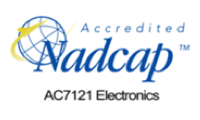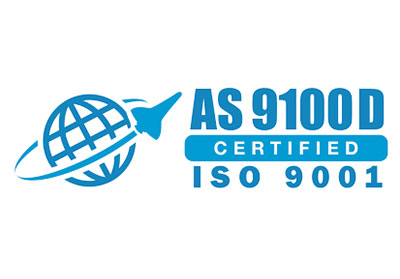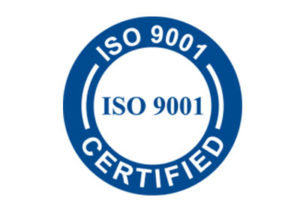Driving performance through successful partnerships is a critical component of the OEM supply chain. Liberty prides itself on being a relationship-minded supplier, knowing the ins and outs of our OEM partners. Quick resolutions and proactive awareness of potential order issues, faster turnaround times for new orders, as well as a deep familiarity with product lines are all benefits of these relationships. This investment in our partnerships results in better performance and a higher standard of quality for both customer and supplier.
In this episode of Wired Success, Mark Cessar asks Liberty Electronics’ Program Director, Troy West, about the benefits of partnering with a relationship-minded supplier.
Mark:
Thank you for tuning in to another episode of “Wired for Success.” I’m here with Troy West, my name is Mark Cessar and we are here to talk about the benefits of a relationship-minded supplier. Liberty Electronics was established in 1985. In these years, we have developed numerous relationships with companies and Troy, can you talk about the benefits that these years of familiarity can have for these companies?
Troy:
Sure, Mark. Some of the benefits would be knowing who to contact about certain issues or concerns that you might have regarding what’s going on with your customer. For example, you may see that a customer that typically orders items as sets, they’re only ordering part of the set instead of the entire set, you can bring that to their attention almost right away and say “Hey, you know, we think you’re missing a part. You may need to go back to your planning, or your engineering to make sure that the parts list is correct or the planning is correct on that item so that all three items get ordered together as they should.” Also, if there’s an engineering question or a quality concern, you might be able to go directly to that engineer, or to that quality person, and have them brought into the loop essentially right away as to what the issue or concern is and have it dealt with much more quickly than having it go to the buyer, and then having the buyer have to figure out who to talk to next, and how to resolve it next.
Mark:
You talked about increased speed. Can you elaborate a little bit on this topic?
Troy:
Sure. There’s several components that we can use to increase speed, or turn around time, for something. One of them would be as you’re more familiar with a customer you can know what their requirements are. You don’t have to start from scratch on those. So if you know for example, they have to have certain specifications that they’re going to have to meet then you can plan on meeting those in advance. And then you don’t have to go back and ask those questions; “Hey you know do we need to have three reterminations for every terminal that’s on your wires?” You just know in advance that you have to have that and you don’t have to go back to the customer for it that can aid in the development of the first units planning on these requirements to be met so that it shortens your turnaround time for the initial units which usually are the longest ones. And as you become more familiar with the customer– and we may have you know long-term contracts or some sort of agreement with them– we may come into a stocking position on commonly used components that may have a long lead time. And you can then use that stocking situation to shorten turnaround time for new orders.
Mark:
Related to increasing speed, can you talk about how a relationship-minded approach can decrease lead times for our customers?
Troy:
Several items that could be impacted by being relationship-minded. One of which is on a long-term customer, we may elect to stock certain components that may have a long lead time even if there is no current demand for them. That will help us to shorten our lead time to them for orders consuming those components going forward. Another potential area that we could reduce the lead time would be when we have a good knowledge of the customer’s product, and the customer’s specifications, we can plan our builds around those requirements, and that will help us to be able to react more quickly, and more completely to their requirements.
Mark:
Can you talk about the commitment that we show to our customers?
Troy:
We want to be a relationship-minded vendor to our customers. We want to have a personal relationship with their purchasing, their engineering, and their quality. We want to be able to help our customers succeed, which in turn, will help Liberty to succeed. In turn that gives us more access to our customer, to their products, to their needs, so that we can hopefully expand and develop that relationship further.
Mark:
Finally, can you talk about the commitment that we have to our customers?
Troy:
Liberty Electronics endeavors to build relationships with our customers, purchasing, engineering, quality. What we find, Mark, is that these relationships help us to be able to resolve/issues concerns more quickly which is a benefit both to our customer and to Liberty itself. The knowledge that you gain by dealing with the people over the years, knowing who to talk to at a customer’s location for whatever the issue or concern is, basically speeds everything along, makes it all go more quickly and is mutually beneficial to the customer and Liberty. The years that we invest in our customers results in, I believe, better performance for them and for Liberty.





![Liberty Electronics® Quarterly Newsletter Signup CTA | Benefits of a Relationship-Minded Supplier [Video], Liberty Electronics®](https://blog.libertyelectronics.com/wp-content/uploads/2022/04/Quarterly-Newsletter-Signup-CTA.jpg)